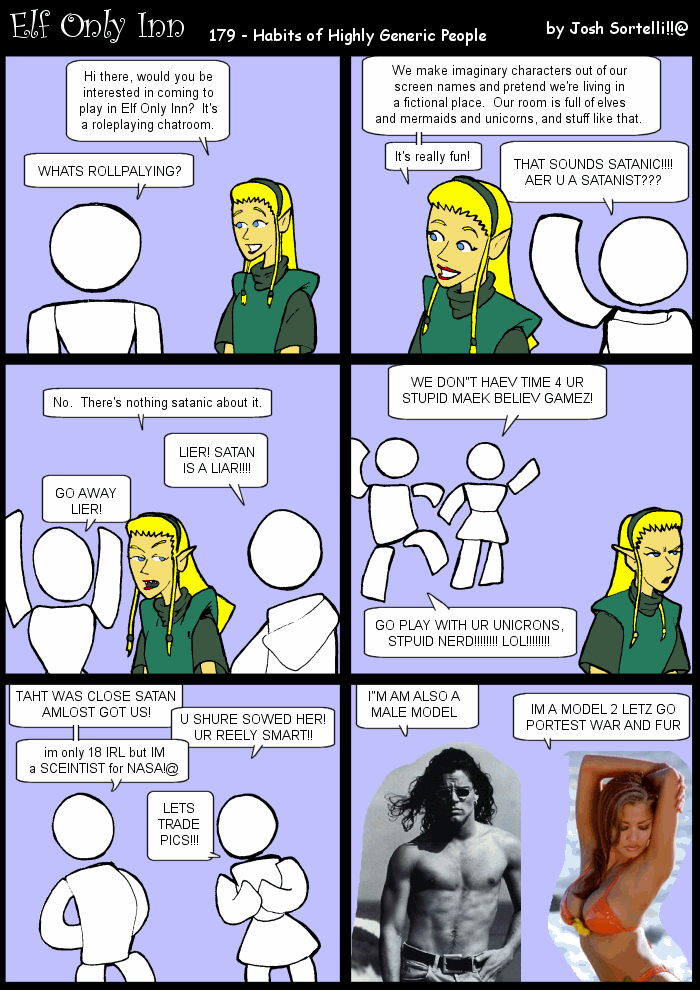In Character
In 1964, Nikita Khrushchev was removed from power; he had alienated factions within the USSR's government that engineered his removal from office. His successor, Leonid Brezhnev, was a weaker leader, one that deferred to a stronger role within the CPSU (Communist Party, Soviet Union.) However, in the wake of the Kosygin Doctrine's failure and the Prague Spring of 1968, the hardliner Valentin Igorvich Sokolov, took and consolidated power from Leonid Brezhnev.
Sokolov, a younger man, turned out to be a much stronger leader than his two predecessors, and more stable than Stalin was -- he was cunning and calculatingly ruthless, a man hardened to necessity in the Great Patriotic war. Under his leadership, relations with Mao Zedong, of the People's Republic of China, were mended and the Soviet presence in Africa, Southeast Asia, South America and the Middle East were strengthened. Under Sokolov's leadership, the Soviet industrial infrastructure was modernized from its lamentably moldering state and reforms were made to increase efficiency without compromising the Soviet position.
In the wake of the US loss in Vietnam, Sokolov moved aggressively -- the mood of the American people was such that they had little to no tolerance for another confrontation with communism. An aggressive program of supporting insurgency in South and Central America yielded strong results against US-backed juntas in Argentina, Chile, Brazil, El Salvador and Nicaragua, and eventually the Soviets found themselves with strong alliances and popular support in the region.
Sokolov died, and new leadership, eager to push harder against the US to prove itself, emerged; the rhetoric flared hotter, and the US in turn elected men who were bombastic and eager to reverse the fortunes of previous 'weaker' leadership. Both sides wanted a fight.
Things came to a head in the middle east in 2015; Kuwait was caught slant-drilling Iraqi oil fields, which gave Saddam Hussein all the reason he needed to invade his smaller, weaker neighbor, it came to the point where the US went to war on behalf of Kuwait and found itself facing a similar Soviet force in Iraq, defending Saddam Hussein's position that the Kuwaitis were slant-drilling the Iraqi fields. When the two forces met in the desert, the US force found itself overwhelmed by the sheer numbers involved, because Soviet forces were allowed to move by rail line through Iran and into Iraq; the Ayatollahs hated the US for the Shah more than they hated the Soviet Union, who forced Saddam Hussein to return disputed border territory to the Iranians in return for the assistance of the Red Army.
Coalition forces were unprepared for the size of the Russian force in Iraq, supplied through Iran. In the wake of the terrible defeat in the battle of Hafar al-Batin and the evacuation from Al Mis'hab, known as "Dunkirk II", France, Spain, the UK and Italy, as well as many others, all made separate arrangements with the Soviet Union, leaving the US alone and defiant in the world. World War III seemed lost in the desert and even the US started to negotiate for a settlement that included the return of POW's held by Soviet forces. With the Gulf oil states left vulnerable in the wake of their strongest ally's defeat, they sought arrangements with the Soviets, hammering out price control agreements with the Soviet Union, hoping to negotiate a settlement that would keep them on their thrones in the face of the emboldened pan-Arabist states that wanted to knock them off.
During these negotiations, when the guard of the US was down and when the citizens were war-weary, the Soviets used an old trick; they invaded US air space with commercial airliners that dropped paratroopers, or landed other troops in a daring coup de main. Other Soviet allies, such as China and the Cubans, the South Americans and the Vietnamese, as well as the Warsaw Pact nations, mustered their strength and moved in to follow up on the initial Soviet invasion.
The US military, demoralized and way outnumbered, still in tatters from the Gulf War that they lost, melted away when it didn't surrender, unable to take the Communists in open battle.
DC fell, the president shot himself in the head and the Vice President was killed by Spetsnaz when he elected to go down fighting rather than be taken alive. The Speaker of the House surrendered, in power long enough to hand over the nation to the Soviets and then retired to Siberia.
A new president, a man by the name of Frederick Chambers, was installed as the president of the United Socialist States of America, but it was Che Guevara (yeah, he's alive in this) who delivered the keynote speech at Chambers' inauguration, gloating at the victory of worldwide socialism and the end of the Norteamericanos, that America was finished as anything but a humbled former enemy, a fine new addition to the likes of Poland, Hungary, East Germany and Bulgaria...
In living rooms and bars, in garages and factories, in California, in Texas and in New York, Americans were saying, "The fuck it is..."

